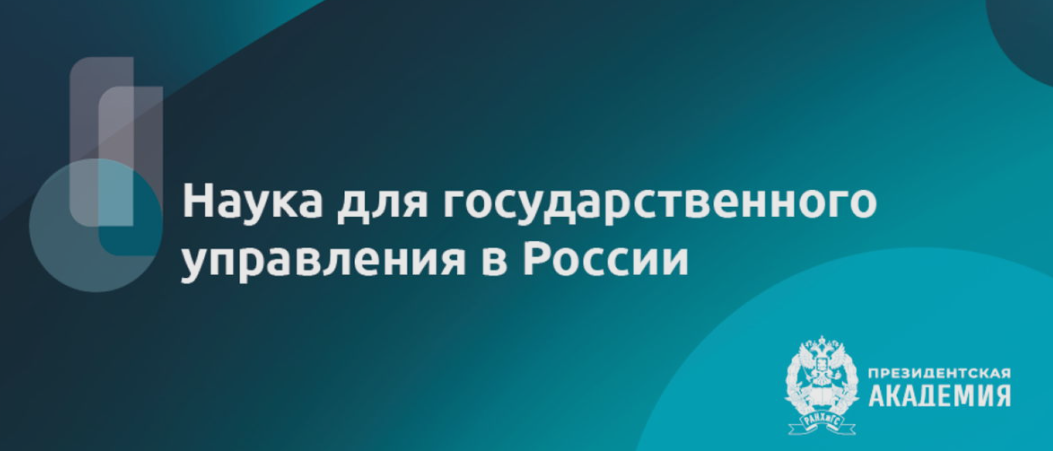Problems of Formal-mechanistic Approach to Identification of Plagiarism in Scientific Works
https://doi.org/10.22394/2410-132X-2020-6-3-180-185
Abstract
The effectiveness of research teams and scientists is largely estimated by their publication activity. One indicator of the quality of scientific work is the absence of plagiarism. The purpose of this paper was to consider the problems that arise with the formal-mechanistic approach to the detection of plagiarism in scientific papers. The questions of the correlation of meaning and plagiarism; quoting your own work; quoting and inaccurate quoting; the use of generally accepted expressions, laws, definitions; the need to refine anti-plagiarism systems are considered. It is shown that due to the fact that anti-plagiarism systems do not analyze the meaning of the text, “overdiagnosis” occurs. As a result of an uncritical approach to the conclusions of such systems, the writing of scientific papers becomes more complicated. The necessity of developing more accurate criteria for determining what is plagiarized in scientific papers is noted. Some suggestions were made to reduce the shortcomings of the formal approach.
About the Author
V. Ya. GelmanRussian Federation
Gelman Viktor Ya. – Doctor of Technical Sciences, Professor of the Department
191015, Saint-Petersburg, Kirochnaya street, 41
References
1. Masic I. (2012) Plagiarism in scientific publishing // Acta Informatica Medica. 20(4): 208–213. DOI: 10.5455/aim.2012.20.208–213.
2. Yadav S., Rawal G., Baxi M. (2016) Plagiarism – a serious scientific misconduct // International Journal of Healht Sciences. 6(2): 364–366.
3. Masic I. (2014) Plagiarism in scientific research and publications and how to prevent it // Mater Sociomed. 26(2): 141–146.
4. Habibzadeh F., Shashok K. (2011) Plagiarism in scientific writting: words or ideas // Croatian Medical Journal. 52(4): 576–577. DOI: 10.3325/cmj.2011.52.576.
5. Vitko V.S (2018) On the signs of the concept of “plagiarism” in copyright / Moscow: Statute. 142 p. (In Russ.)
6. Chernyavskaya V. E. (2011) Plagiarism as a sociocultural phenomenon // Bulletin of the St. Petersburg State University of Economics. 3: 26–31. (In Russ.)
7. Rostovtsev A. A. (2014) Dissernet. Experimental sociology // Bulletin of public opinion. Data. Analysis. Discussions. 3–4: 127–138. DOI: 10.24411/2070-5107-2014-00005. (In Russ.)
8. Chirkin E. S. (2013) Automated verification systems for illegal borrowing // Bulletin of the Tambov University. Series: Humanities. 12(128): 164–174. (In Russ.)
9. Shinkarenko V. I., Kuropyatnik E. S. (2017) Problems of plagiarism detection and analysis of instrumental software for their solution // Science and Transport Progress. Bulletin of the Dnipropetrovsk National University of Railway Transport. 1(67): 131–142. DOI: 10.15802/stp2017/94034. (In Russ.)
10. Anti-plagiarism – the first and best Russian system for detecting text borrowings (2019) / Antiplagiat. https://www.antiplagiat.ru. (In Russ.)
11. Resolution of the Government of the Russian Federation dates 24.09.2013 № 842 (2013) On the procedure for awarding academic degrees / Official Internet portal of legal information. http://pravo.gov.ru/proxy/ips/?docbody=&nd=102167993. (In Russ.)
12. Begovic E. (2014) My View on Plagiarism // Acta Informatica Medica. 22(1): 145–146. DOI: 10.5455/aim.2014.22.145–146.
13. Gelman V.Ya. (2019) Assessment of graduation qualifications by the state certification commission // Alma mater. 2:83–86. DOI: 10.20339/AM.02–19.083. (In Russ.)
14. Alzahrani S., Palade V., Salim N., Abraham A. (2012) Using structural information and citation evidence to detect significant plagiarism cases in scientific publications // Journal of the American Society for Information Science and Technology. 63(2): 286–312.
15. Bouville M. (2008) Plagiarism: Words and Ideas // Science and Engineering Ethics. 14(3):311–322.
16. Broome M. E. (2004) Self-plagiarism: Oxymoron, fair use, or scientific misconduct? // Nursing Outlook. 52(6):273–274.
17. Gorelikov S. Yu. (2018) “Anti-plagiarism” – a filter or a brake? // Science and school. 6: 201–204. (In Russ.)
18. Kicherova M. N., Kyrov D. N., Smykova P. N., Pilipushko S. A. (2013) Plagiarism in student work: analysis of the essence of the problem // Science of Science. Internet magazine. № 4. 8 p. (In Russ.)
Review
For citations:
Gelman V.Ya. Problems of Formal-mechanistic Approach to Identification of Plagiarism in Scientific Works. Economics of Science. 2020;6(3):180-185. (In Russ.) https://doi.org/10.22394/2410-132X-2020-6-3-180-185




































